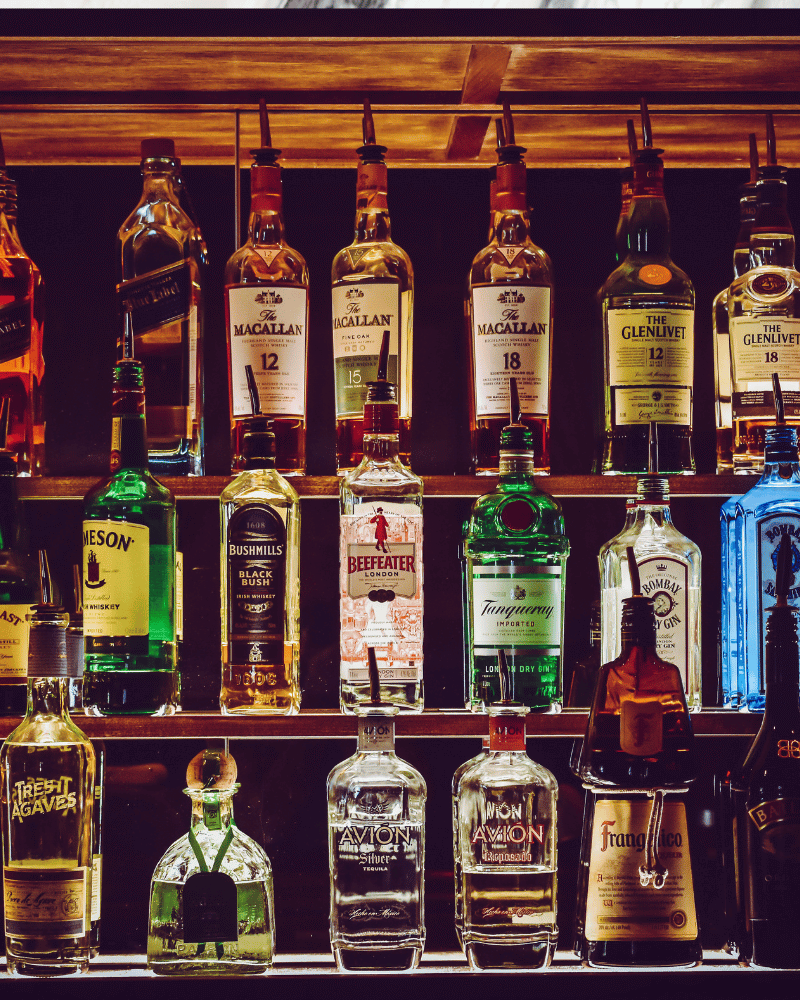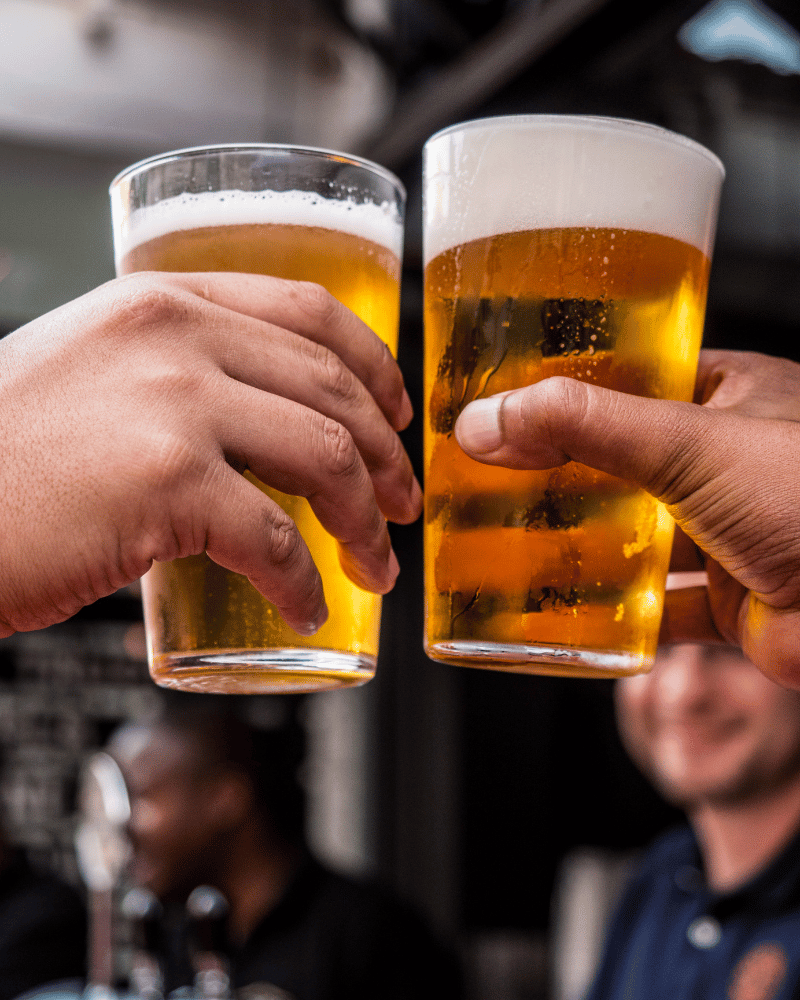The decision to withdraw from alcohol: the first and most important step
The first and most important step on the way out of addiction is the decision to stop drinking. For many sufferers, this moment of realization is both liberating and frightening at the same time. The fear of withdrawal symptoms and the uncertainty of how the body and mind will function without alcohol can be paralyzing. Nevertheless, this decision marks the beginning of a path towards greater health, freedom and self-determination. It is important to realize at this moment that you do not have to go through withdrawal alone. Support from family, friends and professionals is often the key to success.
The first phase of withdrawal
After the last sip, the body begins to break down the alcohol, which can usually be felt within a few hours. The acute withdrawal symptoms usually set in within the first 6 to 12 hours. Typical symptoms include trembling, nausea, sweating, headaches and insomnia. At the same time, severe psychological symptoms such as anxiety and depressive moods can also occur. This phase is not only physically stressful, but also emotionally challenging. For many of those affected, it is a time of uncertainty, as the body and mind first have to learn to function without the familiar poison after years of alcohol consumption. Professional support during this phase is particularly important in order to prevent serious health complications such as seizures or delirium tremens.


The stabilization
After the first 72 hours, the body gradually calms down. The worst physical withdrawal symptoms subside, but this does not mean that the most difficult part is over. In the so-called stabilization phase, which can last several weeks, the person affected struggles primarily with the psychological consequences of alcohol withdrawal. Insomnia and severe cravings can cause the feeling that withdrawal will never end. But even if the days feel tough, this is where the first ray of hope appears: The body begins to regenerate. Organs such as the liver and heart begin to recover and the head slowly becomes clearer. Support through therapeutic measures and, if necessary, medication continue to be of great importance in this phase.
The psychological hurdles: Mastering long-term challenges
Even when the physical withdrawal is largely complete, the psychological struggle often remains for a long time. Many sufferers experience strong emotional fluctuations, depression or a feeling of emptiness in the months following withdrawal. Without the possibility of numbing problems and emotions with alcohol, many feelings suddenly come to the surface unfiltered. This is where the right therapeutic support plays a key role. Individual or group therapies can help to develop new coping strategies and to understand the deep causes of the addiction. Exchanges with other sufferers in self-help groups can also be incredibly helpful in this phase. The aim is to create a new, more stable foundation for your own life on which you can build without alcohol.
Understanding and preventing relapses: Part of the healing process
Relapses are a real danger and occur in many people who are in withdrawal. They should not be seen as a failure, but as part of the learning process. It is important to understand that the path out of addiction is not a straight line. Relapses offer the opportunity to learn from mistakes and develop new strategies to be stronger and more stable in the future. Triggers such as stress, social situations or emotional strain can trigger the urge to drink again, but with the right tools - such as a supportive environment, therapeutic help and mindful self-care - these moments can be successfully overcome. Preventative measures, such as avoiding high-risk situations or creating positive routines, also help to prevent a relapse.

The new phase of life: shaping a life without alcohol
After a successful withdrawal, a completely new life begins. Without alcohol, a world of possibilities opens up in which both body and mind can flourish. Health improvements such as more energy, better sleep and a more stable mood are often the first positive changes that those affected notice. But social and emotional life will also change. It is important to find new hobbies, social contacts and routines that enrich and fulfill life without alcohol playing a role. It is important to have realistic expectations and to understand that healing takes time. Being patient with yourself and continually looking after your physical and mental health are crucial to living a happy, alcohol-free life in the long term.



